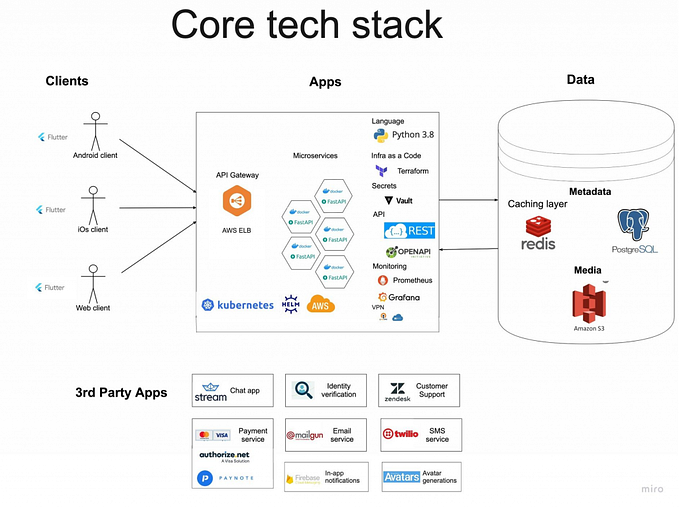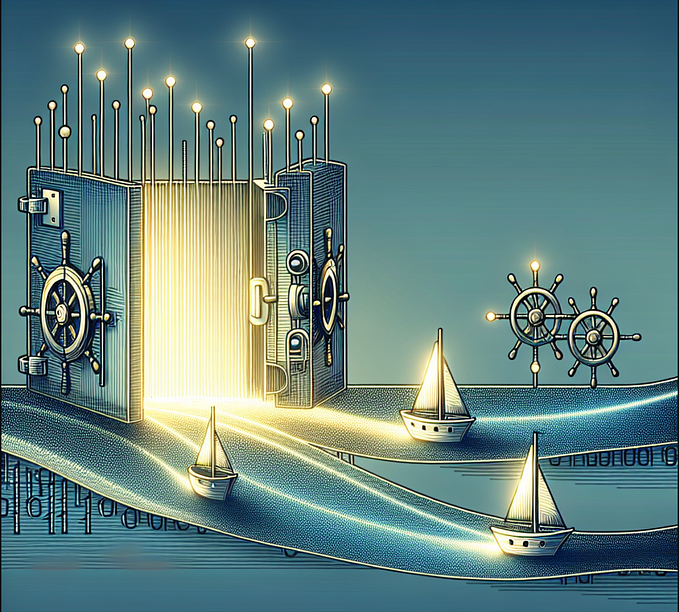Member-only story
The Case Against Simplicity
The Pursuit of Simplicity Only Serves to Manufacture Our Consent, Not Our Understanding.

There is nothing humans hate more than not knowing their place in the universe. We are continually looking at the world around us and demanding to understand our value within it. But that value is not easy to discern. Like a hurricane, there is no single root cause in a complex system. The harder one searches with the wrong perspective, the harder it becomes to find.
One of the reasons for this is our pursuit of finding a simple explanation in all things. As a society, we fetishise simplicity. We demand it from our governments, colleagues, friends and even family.
Simplicity provides a cognitive anchor. The perceived clarity it provides gives us the confidence to function in a complicated world. In many ways, that’s not a bad thing. I trust a system of electrics and plumbing will provide my morning tea. I trust brushing my teeth will prevent cavities without needing a knowledge of enamel decay. In these cases, you don’t need to understand complexity; you just need the tools to operate within it. A simple explanation is acceptable here because the impact is one of “cause and effect”.
On the other end of the spectrum, a simple explanation like stating the coronavirus was manufactured in a lab, also provides a cognitive anchor. If something is so easy to understand, how could it be wrong? Especially when the alternative requires an appreciation of complex interactions between the biological, psychological, social, and unknown.
Resisting such simple explanations for a complicated problem demands much more from us. It would force us to stop, zoom out of a situation, consider the level of complexity, and acknowledge the limits of our understanding — that’s scary. Accepting something as complicated is an act of humility in the recognition of the unknown.
Einstein is infamously misquoted for saying, “Everything should be made as simple as possible, but no simpler.”. People often overlook that last part, “but no simpler”, or rather what he actually said, “the adequate representation of a single datum of experience”. I think what Einstein is trying to say is simplicity is not the goal; understanding is.






